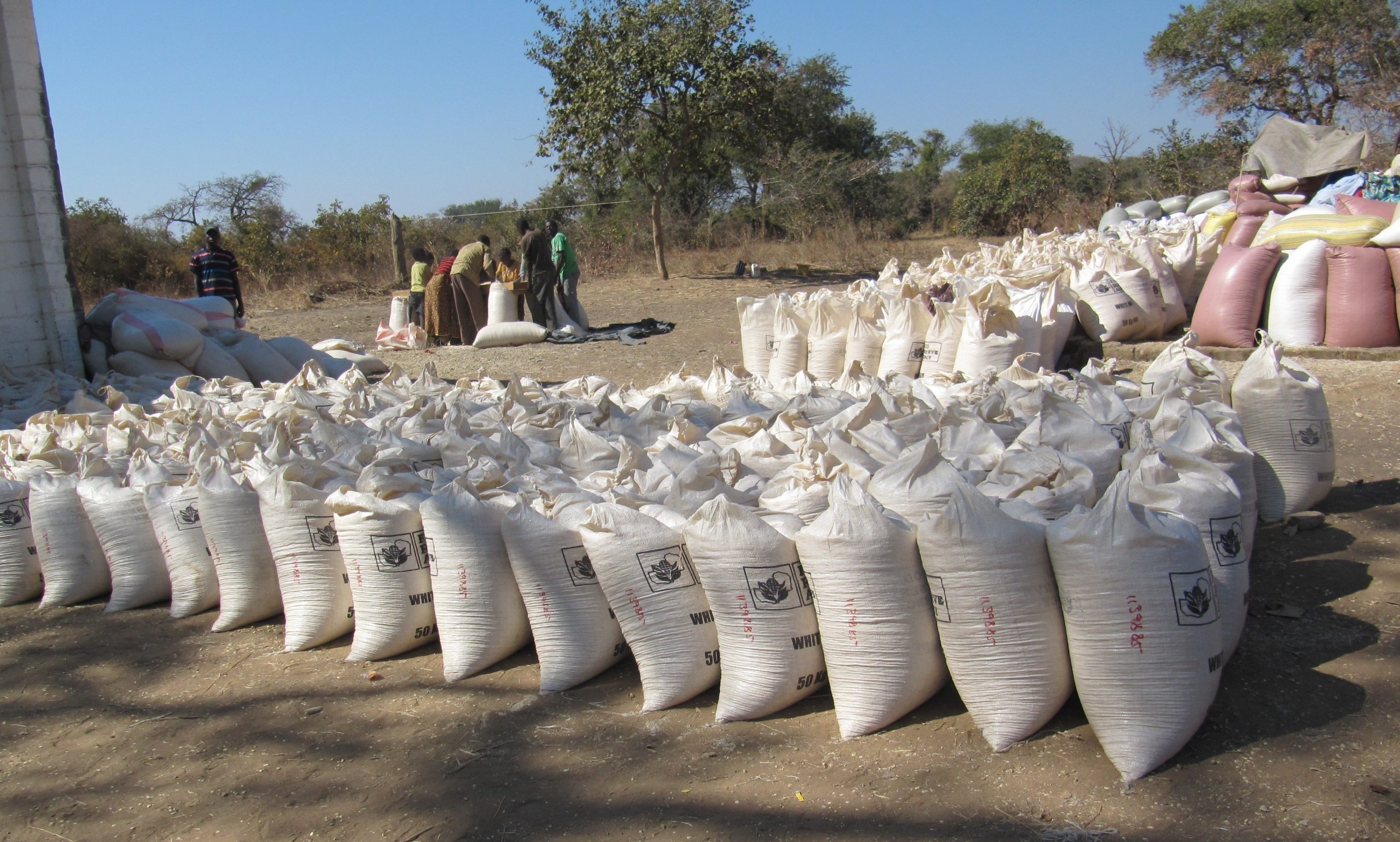The Centre for Trade Policy and Development (CTPD) has observed that the recently announced purchasing price of grain by the Food Reserve Agency ( FRA) are not cost reflective and can hurt farmers.
Centre Senior Researcher, Simon Manda told Money FM News in a statement that the current prices only highlight historic controversies associated with state intervention in agriculture.
Mr Manda further notes that the set prices will not help to stimulate rural growth as it will erode opportunities meant to enhance rural income disbursements necessary for driving an agricultural transition, poverty reduction, commercialization and value addition.
“We further note that these prices will not help to stimulate rural growth as it will erode opportunities meant to enhance rural income disbursements necessary for driving an agricultural transition, poverty reduction, commercialization and value addition,” Mr. Manda said.
“Therefore, we think that these prices will discourage small-scale farmers and other rural producers to engage in agriculture.”
Mr Manda has since advised that, if care is not exercised, the Country risks failing to produce a stream of empowered rural producers capable of commercializing and even transitioning into diversified economic and livelihood avenues.
“In addition, such low purchasing prices has the potential of depressing private sector actors who would even push their buying prices further down, undercutting what has been announced by FRA especially that the institution is associated with persisted delays in paying farmers,” He explained.
He added that with the growing public external debt now estimated at 11.2billion US dollars of external debt, the organization is more worried that payment towards procurement of strategic reserves may even take longer than the 5 -6 months delays we have observed in the recent past. “Regional experiences such as from Tanzania have shown that it is possible to limit the extent of state intervention and stimulate private sector actors to provide competitive prices even better than is provided by our government” Mr Manda said.
“The difference has been that our friends have been bold enough to carefully think through benefits of private sector engagement in agriculture. Such efforts have seen cost reflective prices prevail thereby expanding opportunities for local producers.”
He further noted that in light of the COVID- 19 pandemic and the need to ensure availability of funds for the most vulnerable groups, the Centre has urged government to consider allocating part of the ten billion stimulus package recently announced by the Bank of Zambia (BOZ) to support procurement of grain by FRA as this will be critical in ensuring that farmers get their payments on the spot should they opt to sale their grain to the Agency.
“This will go a long way in protecting small scale producers from the harsh economic hardships the country is currently going through,” he said.
Announced purchasing price of maize not cost reflective- CTPD







